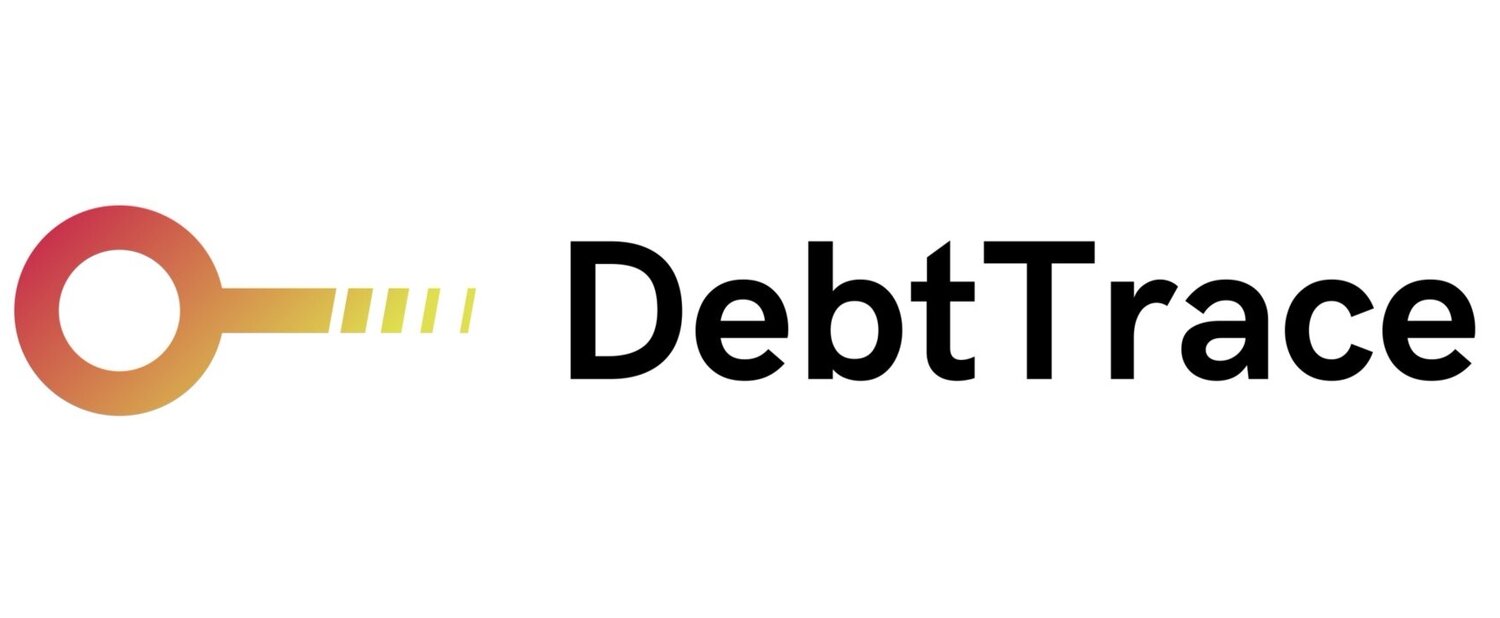How to Collect a Debt as a Business Owner
Introduction
As a business owner in the UK, collecting debts is a crucial part of ensuring the financial stability of your company. However, the process of collecting debts can be complex and time-consuming, especially if you are unfamiliar with the relevant laws and regulations. In this article, we will provide you with a step-by-step guide on how to collect debts in the UK.
Struggling with unpaid debts? Start recovering what's owed to you today.
Step 1: Know Your Rights and Responsibilities
Before you start the process of collecting debts, it is essential to understand your rights and responsibilities as a creditor. This includes knowing the relevant laws and regulations, such as the Consumer Credit Act 1974, the Late Payment of Commercial Debts (Interest) Act 1998, and the Limitation Act 1980. You should also be aware of the debt collection guidelines set out by the Financial Conduct Authority (FCA).
Step 2: Contact the Debtor
The first step in the debt collection process is to contact the debtor and request payment. This can be done through a phone call, email, or letter. It is important to provide the debtor with all the necessary information, such as the amount owed, the due date, and any interest or fees that have been added.
Step 3: Send a Letter Before Action
If the debtor does not respond to your initial contact, you should send a Letter Before Action (LBA). An LBA is a formal letter that gives the debtor a final opportunity to pay the debt before legal action is taken. The LBA should include all the relevant information, such as the amount owed, the due date, any interest or fees that have been added, and a deadline for payment.
Step 4: File a Claim
If the debtor still does not pay the debt after receiving the LBA, you can file a claim in the County Court or the High Court. This is a legal process that involves submitting a claim form, paying a fee, and providing evidence of the debt. The debtor will then have the opportunity to respond to the claim.
Step 5: Obtain a Judgment
If the debtor does not respond to the claim, or if the court finds in your favour, you will obtain a judgment. This is a legal order that confirms the debtor owes the debt and sets out the terms of repayment. If the debtor still does not pay the debt, you can take further legal action for enforcement of the CCJ, such as instructing bailiffs to seize goods or applying for a charging order on the debtor's property.
Step 6: Seek Professional Help
If you are having difficulty collecting debts, you may want to seek professional help from a debt collection agency or a solicitor. These professionals can provide you with advice on the debt collection process, negotiate with debtors on your behalf, and take legal action if necessary.
Struggling with unpaid debts? Start recovering what's owed to you today.
Resources
Get a debtors financial information
References & useful information sources:
Consumer Credit Act 1974: https://www.legislation.gov.uk/ukpga/1974/39
Late Payment of Commercial Debts (Interest) Act 1998: https://www.legislation.gov.uk/ukpga/1998/20/contents
Limitation Act 1980: https://www.legislation.gov.uk/ukpga/1980/58
FCA Debt Collection Guidelines: https://www.handbook.fca.org.uk/handbook/CONC/7/
County Court: https://www.gov.uk/make-court-claim-for-money
Solicitors: https://www.lawsociety.org.uk
